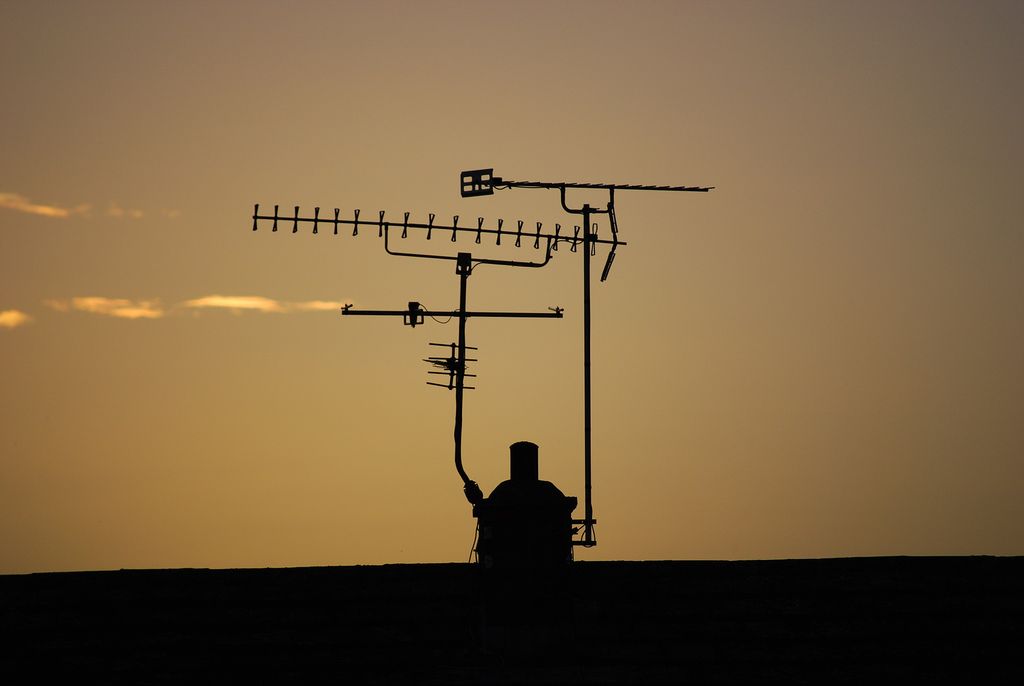UK independent communications regulator Ofcom has revealed its plans to make new spectrum available to the country's networks to improve their mobile broadband services, without affecting existing free-to-air digital terrestrial TV services.
Its proposals have been drawn up to avoid another countrywide digital switchover - a blessing as the last one took years to complete.
There is a limited supply of spectrum Ofcom has control over and can therefore allocate to different uses and services, and until the ultra high band frequencies are enabled, everybody has to fit in the same, existing wireless infrastructure.
So Ofcom's challenge was to find a way to allow networks to offer faster and cheaper mobile internet to their customers, while ensuring that digital TV signals are not adversely affected. In addition, bands for wireless microphones used in theatres, sports venues, music events and the like, had to be considered too.
Why the change?
The problem faced by Ofcom is that countries across the world are considering using the 700MHz spectrum band for mobile broadband. And that's currently being used in the UK for digital terrestrial TV transmission and wireless microphone connections.
By opening up the 700MHz band to networks it could potentially help them increase both speed and capacity for their 4G services, and therefore drive down prices. The more people they can get onto the 4G network at once, the less it has to charge each customer.
However, for that frequency to be released to the networks, the DTT (Digital Terrestrial Television) and PMSE (Programme Making and Special Events) services will have to be relocated.
What will change?
Ofcom proposes changing some of the frequencies used by DTT and PMSE services without the need for another digital switchover, as current set-top-boxes and televisions will still be able to receive them on their new frequencies by just a simple retuning process.
Will it affect me?
As stated, you will have to retune your set-top-box or television. However, it is unlikely that you will need new equipment.
Ofcom does however warn that a "very small minority" - about 0.5 per cent - of households might need a new roof-top aerial. The regulator will therefore work with aerial installers and retailers to minimise the impact.
Those that use wireless microphones for their work won't really notice much change. Ofcom will ensure that enough alternative spectrum is available for that purpose and has identified possible frequencies already.
When will it happen?
The plans are that the spectrum will be reallocated by 2022 - around the time that EE told Pocket-lint that 5G services will become available.
Rooftop aerials and TV retuning should not be required until at least 2019.
You can read more about Ofcom's future spectrum plans by downloading the individual consultations on its website at ofcom.org.uk.

